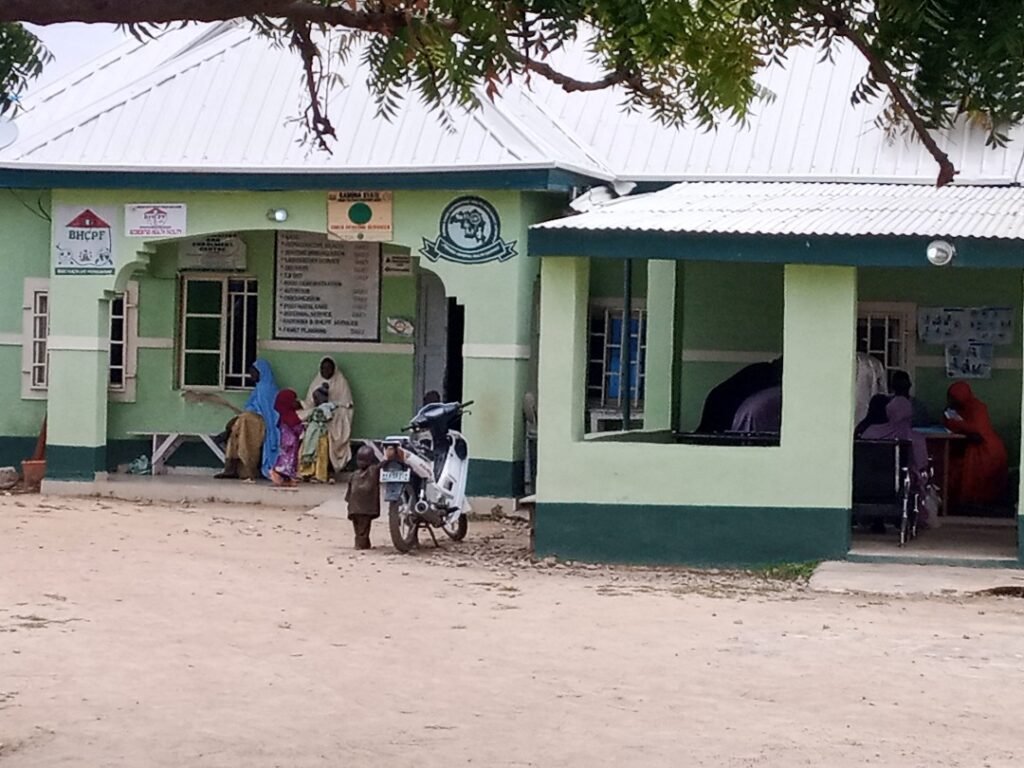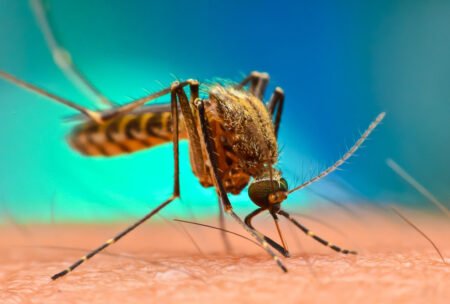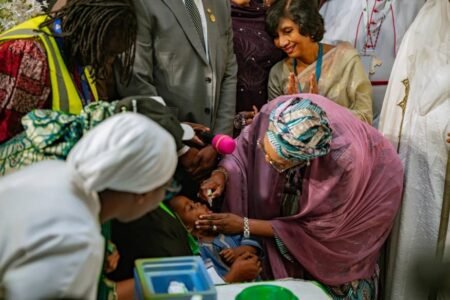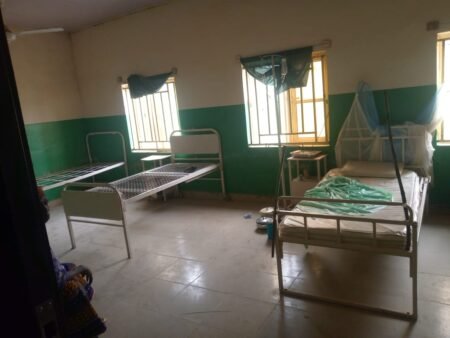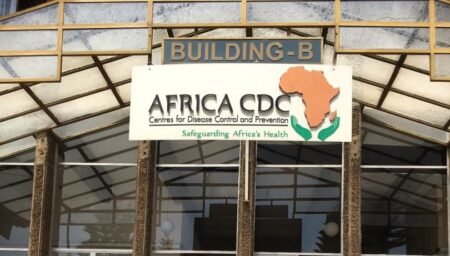It all started with a swollen neck and difficulty breathing, the first signs that something was seriously wrong. For Bashir Abubakar-Magaji, it was the beginning of a desperate attempt to save Aisha Bashir, his 11-year-old daughter.
Due to the severity of Aisha’s symptoms, Mr Abubakar-Magaji rushed her to Mustapha Bawa Clinic, where he works, in the Kwarbai area of Zaria in Kaduna State.
She was later taken to the Shehu Iyal Primary Health Care Centre, where test results confirmed diphtheria. She was immediately referred to the Ahmadu Bello University Teaching Hospital, Shika, Zaria, but Aisha died there on 2 July while receiving treatment.
After Aisha’s death, other children in the neighbourhood, including Mr Abubakar-Magaji’s six-year-old son, began showing similar symptoms. Concerned that the infection was spreading, he alerted the local health authorities, and a vaccination team was sent in response.
He said at least 75 children were vaccinated during the first visit, and the team returned days later to reach nearly 300 more. Yet, Mr Abubakar-Magaji believes the effort was not enough.
“Three of my neighbour’s children have also died in Kwarbai, and two others in Unguwan Juma,” he said, adding that a 17-year-old girl was infected and about five children were receiving treatment at the Kakaki Primary Healthcare Centre (Kakaki PHC).

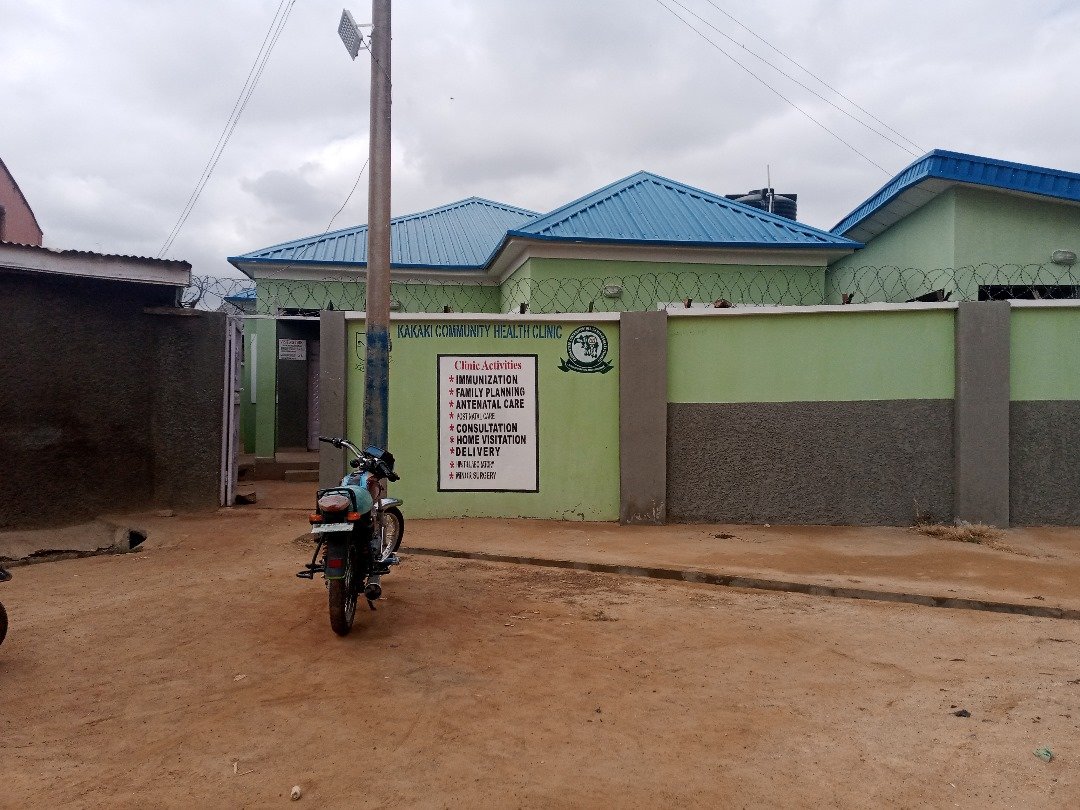
He noted that while Kakaki PHC treats patients, it cannot admit patients, meaning cases are usually treated and discharged the same day. He also mentioned that local officials promised to supply chlorine for water purification and soap to support hygiene in the community.
Diphtheria outbreak in Kaduna
Diphtheria is caused by the bacterium Corynebacterium diphtheriae. It primarily affects the nose and throat but can also affect the skin. Some strains of the bacteria produce a toxin that can cause severe illness and complications.
Diphtheria symptoms include sore throat, fever, and swollen glands in the neck, as was the case with Aisha. According to the World Health Organisation (WHO), it is contagious and can be fatal, but it is preventable through vaccination. It is most common in unvaccinated children.
PREMIUM TIMES findings show that the absence of vaccination and inadequate vaccination are the primary reasons for the spread of the disease in Zaria. Health officials in the area told this newspaper that many parents refused to let their children be vaccinated. When PREMIUM TIMES asked Mr Abubakar-Magaji if Aisha and his other children were vaccinated before the recent incidents, he refused to answer the question.
Vaccine hesitancy is not peculiar to Zaria. This newspaper has reported extensively on vaccine hesitancy in many parts of Nigeria, especially in the northern part of the country. This is mainly due to cultural and religious beliefs and false information on vaccine impacts. However, governments have continued to use community engagements and discussions with religious and community leaders to break the barrier.
On 8 July, it was reported that three children had died, and six others were infected in a suspected diphtheria outbreak in Zaria. PREMIUM TIMES visited Kwarbai to speak with Mr Abubakar-Magaji, who was first quoted in the report.
In the earlier report, Mr Abubakar-Magaji had said the disease was spreading fast across the city and that he alerted the local council health department after more children showed symptoms.
He also noted that four children had been admitted at the Kakaki PHC, with only one discharged, and raised concern that vaccines were unavailable across Kaduna.
The Executive Secretary of the Kaduna State Primary Healthcare Board, Bello Jamoh, confirmed that the outbreak had persisted in the state since October 2024.
Mr Jamoh said the state Ministry of Health was coordinating the response with support from relevant partners and that a team of experts would be deployed to strengthen efforts on the ground.
According to the Nigeria Centre for Disease Control and Prevention (NCDC), Kaduna is one of the seven states worst affected by the outbreak.
As of May 2025, the state had recorded at least 840 suspected cases and 62 confirmed infections. Across Nigeria, 43,743 suspected cases and over 26,000 confirmed cases had been reported since the outbreak began in 2022.
NCDC noted that over 63 per cent of the cases were confirmed among children aged one to 14.
Mr Jamoh said the outbreak had lasted about 10 months, starting in October 2024. He added that a team of experts has been deployed to strengthen the outbreak response and provide medical support.
Health centre denies diphtheria cases
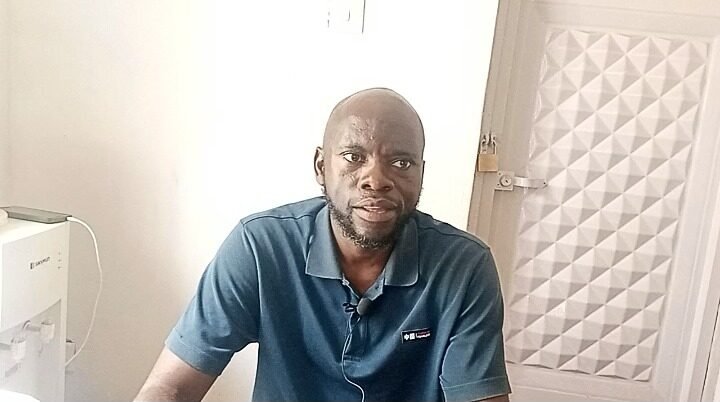
However, despite parents and local health workers reporting cases in Kwarbai and surrounding communities, Ibrahim Ahmed-Kakaki, the medical officer at Kakaki Primary Health Centre, denied claims that diphtheria patients were treated at the facility.
Mr Ahmed-Kakaki said they had only treated children with upper respiratory tract infections in the past two weeks, none of which were confirmed as diphtheria.
He added that suspected diphtheria cases must be reported to the Department of Disease Control in Zaria under their guidelines.
“I was actually surprised when Mr Abubakar-Magaji said that we admitted and treated diphtheria patients here. That is not true,” he said. “What we had were patients with respiratory tract infections, which we treated, after which we discharged them.”
However, Mr Ahmed-Kakaki acknowledged that routine immunisation was challenging, citing poor vaccine uptake, incomplete doses, vaccine shortages, and limited storage facilities.
He called on the government to support PHCs with more vaccines, modern lab equipment and public awareness campaigns.
He also urged parents to take preventive measures to protect their children, particularly those under five.
Tracking the outbreak

Abubakar Shehu, the Cold Chain Officer for Vaccines in Zaria LGA, said the diphtheria outbreak began in Unguwan Kasar, Gidan Sarki in Tukur-Tukur. This prompted a quick response involving contact tracing of individuals who might have been exposed and immunisation of the affected community.
Mr Shehu said more cases later emerged in Unguwan Jumma, Unguwan Fatika, Kwarbai, Gyallesu and Kaura, with each affected community receiving targeted vaccination.
“This is the second time this year we are seeing infections in Kwarbai,” he said. He said over 3,300 children have been immunised across the local government area since January. He noted that while the original target was 138,932 children, the number could rise to 200,000 and 300,000, depending on the outbreak’s severity.
Mr Shehu noted that 189 children were vaccinated in Kwarbai alone on a single day. He said the vaccines are provided by the Kaduna State Government, with support from development partners and the local council.
Vaccine hesitancy, misinformation
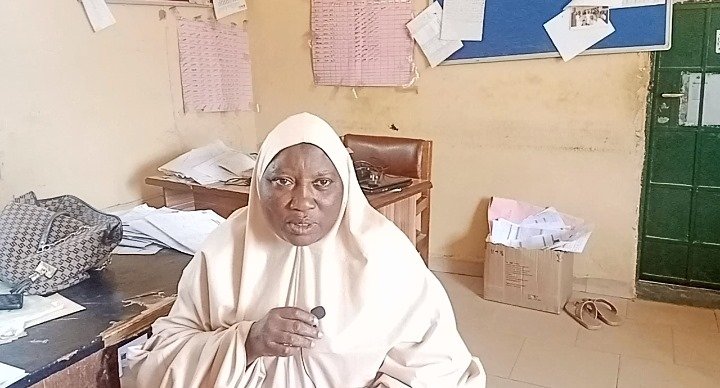
According to Malama Asama’u Aliyu, head of the Immunisation Department at Zaria Local Government, low vaccine uptake is a major factor contributing to the spread of the disease.
Ms Aliyu noted that many parents were yet to accept immunisation, and among those who do, some cannot ensure their children complete the full recommended dosage schedule.
Mr Shehu, the cold chain officer for Vaccines, also stated that religious leaders were discouraging parents from immunising their children.
He explained that this issue arises often during government-led outreach programmes, where children are offered vaccinations in the comfort of their homes. Despite the convenience, many parents still refuse to allow their children to be immunised.
Confirmed cases in the affected community
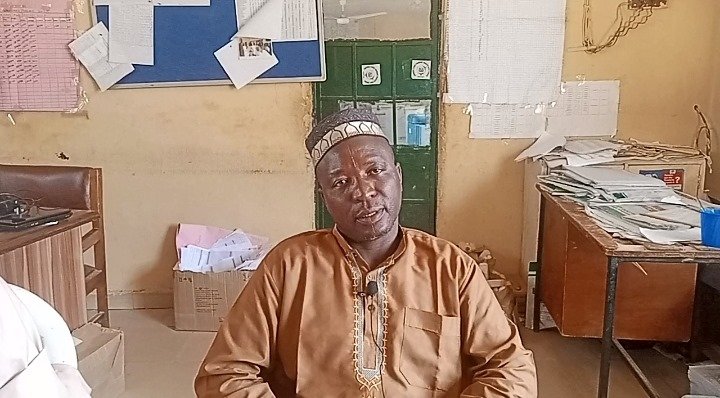
The Surveillance Notification Officer of Zaria LGA, Abdullahi Alhazawa, reported that 36 or 37 individuals have been infected with diphtheria between January and now.
Mr Alhazawa said two deaths occurred in Tukur-Tukur in January, while two more were recorded in Kwarbai.
He noted that four individuals were receiving treatment at Ahmadu Bello University Teaching Hospital, Shika, adding that the patients were initially managed at the Shehu Iyal Primary Health Centre before being referred.
“From January to date, four people have died from diphtheria, and another four are currently on admission at Shika,” he told PREMIUM TIMES. “32 infected patients have been discharged. Some were treated at our health centre, while others, with parental consent, received treatment at Shika.”
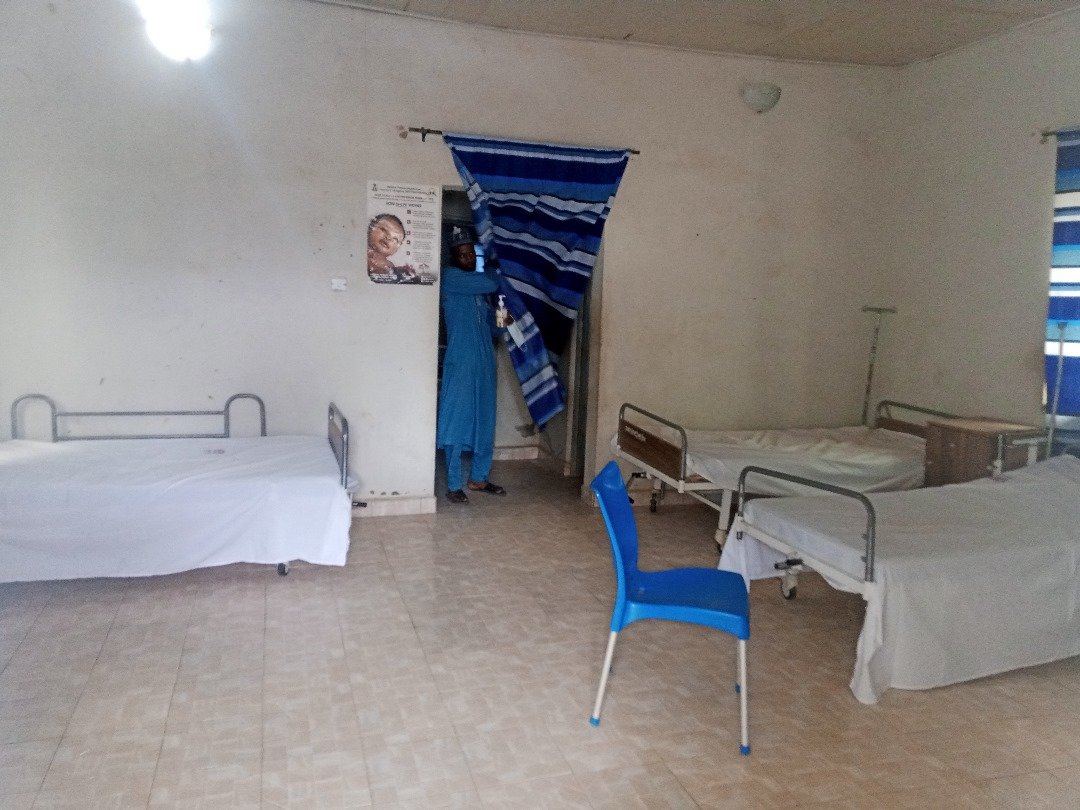
Mr Alhazawa emphasised the importance of isolation and urged parents to separate any infected child from others to help reduce transmission.
PHC at the forefront
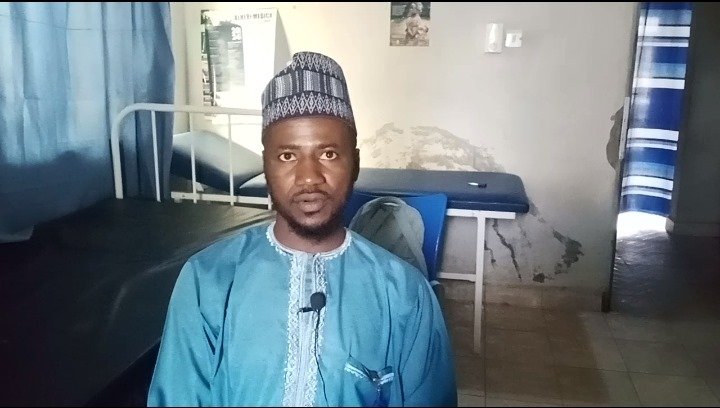
The Shehu Iyal Primary Health Centre is the only facility offering testing and care for diphtheria patients in Kwarbai. The Surveillance Officer for Kwarbai Ward, Aminu Adamu, said the centre provides regular health services and has an isolation unit during outbreaks.
Mr Adamu said about eight people were infected during the outbreak, but the facility does not admit patients due to restrictions. Instead, those infected are observed and treated before being discharged or referred.
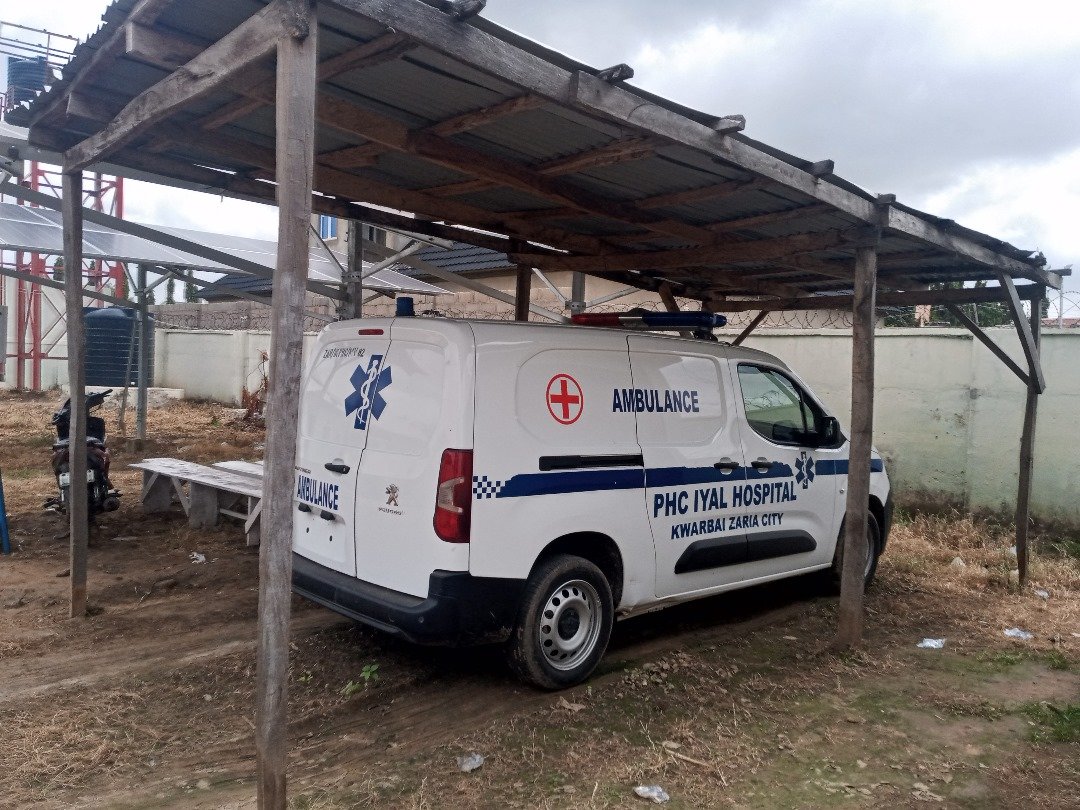
He said they usually have referrals and he uses the centre’s ambulance to transport such patients to the Shika hospital. He said he took about two to three patients to ABU Shika in the centre’s ambulance during the outbreak.
Mr Adamu noted that many patients are reluctant to be admitted to Shika, but health workers try to encourage them by covering part of the cost.
“Diphtheria treatment at Shehu Iyal is free, but at Shika, they may ask patients to pay for a hospital card, which we offer to cover if the patient cannot afford it,” he said.
“We support their treatment because it helps prevent further spread and ensures the patient receives care.”
Government action
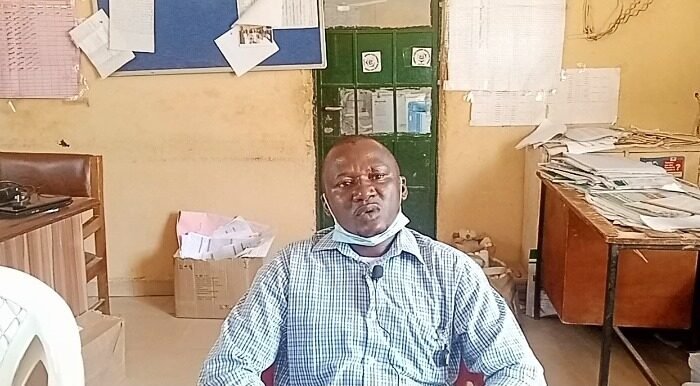
The Assistant Surveillance Notification Officer, Yakubu Goma, said the government has implemented several measures to curb the spread of diphtheria.
Mr Goma explained that awareness campaigns are being carried out to educate the public on prevention, symptoms, and treatment.
He said immunisation outreach programmes were ongoing, and efforts were being made to involve religious and traditional leaders to improve acceptance and trust within communities.
READ ALSO: Suspected diphtheria outbreak kills three children in Zaria
He also noted that reported cases have declined compared to the previous year.
“At least 48 people were infected in 2024, but we have recorded around 37 cases this year,” he said.
He urged mothers to begin immunising their children immediately after birth, stressing that early vaccination protects against infectious diseases.
“The government has provided funds so that mothers receive N1,000 as transport support each time they bring a child for immunisation,” Mr Goma said.
He also called on men to support and allow their wives and sisters to vaccinate their children at health facilities.
“Our religious and traditional leaders can play a vital role in educating communities about immunisation as a key tool to protect children from disease,” he added.
Read the full article here






